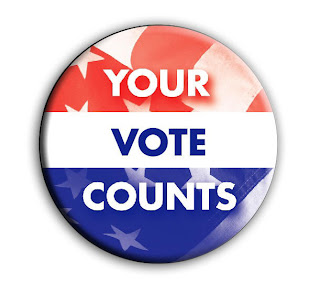A lot of the western world still insists that the ballot box is more important than consensus, or perhaps even reflects it. But what good is voting between two options so polarized, with the votes so close. A 51 per cent majority on something as controversial as say, religious fascism, is not worth respect. Consensus is more important. It’s important to be voting about things that you can live with, rather than one thing that keeps you alive and another that can kill you.
Determining majority has been outlined through elections, but what about consensus? What democratic tools are available from democracies that outline what consensus should be? One of the most important tools is a consensus constitution. This means that the basic rules should be within a framework acceptable by the vast majority. At the same time is that enough? I do not think vast majority is enough of a consensus, because we also need to ensure that minorities are respected. Perhaps this is a personal value judgement, but it’s not one I can compromise for the sake of the majority.
If there is not enough consensus, elections become a tool to wage a war, rather than a means to resolve disputes. A dispute refers topics that are subject to different opinions, not different core values. There is a statement that we ‘must’ respect the outcome, but how can we respect the outcome if we don’t respect the question? How can we respect the outcome if we don’t respect the process?
There is a lesson here from countries in search of real democracy to those in the west happy in the limitation to the ballot box, that there’s consensus about the limits of majority will in democratic countries.
The power of democracy was never to ensure that the best happens, but that the worst does not. In a country like Egypt, the worst was not prevented, which goes to show that there was no point waiting for elections. The corollary to that could be that democracy was not in place and that’s why the worst happened.
I will not draw links between what I wrote and this quote, in fact, I don’t really know if there is a direct link, but thinking about ideas of democracy and the ballot box particularly championed on from many western commentators reminded me of these words from Erich Fromm:
“Today we come across an individual who behaves like an automaton, who does not know or understand himself, and the only person that he knows is the person that he is supposed to be, whose meaningless chatter has replaced communicative speech, whose synthetic smile has replaced genuine laughter, and whose sense of dull despair has taken the place of genuine pain. Two statements may be said concerning this individual. One is that he suffers from defects of spontaneity and individuality which may seem to be incurable. At the same time it may be said of him he does not differ essentially from the millions of the rest of us who walk upon this earth.”
